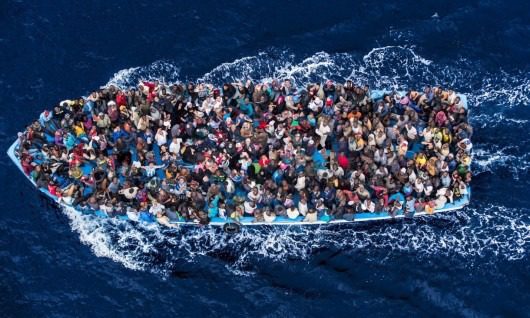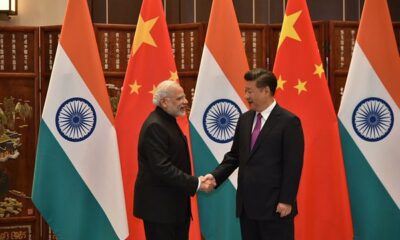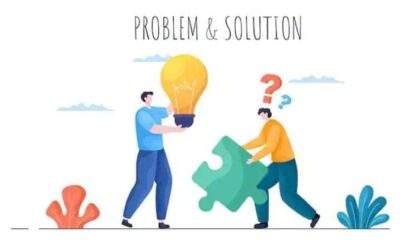National Issues
Journey to Europe: Jump Into The Dark -By Labaran Yusuf


With over 40,000 migrants crossing the Mediterranean this year alone, many of them are Nigerians hoping to reach Europe’s shore in search of a new life.
A journey that always begins with hope, but often ends in despair. Many people from poor African countries embark on the dangerous journey for Europe, in hopes of a better life. But some migrants die drowning in the Mediterranean during the tortuous journey and too those that make it to Europe who do not get asylum are deported back to Africa or end up in prostitution rings in Italy.
Nigeria, with a population of over 170 million that’s projected to double in the next 30 years, plagued by unemployment, poverty and corruption. This makes living difficult for many citizens. College graduates roam about city streets with no jobs to do and lack of funds for start-ups. Such dire economic situation is a fertile ground for criminal activities: kidnapping, armed-robbery, internet-fraud, drug and human trafficking e.tc. Others have a different alternative to the status quo – risking everything to start a new life in Europe.
For many Nigerians, this perilous journey starts from the city of Benin, the capital of Edo state, southern Nigeria. A city renowned for its bronze sculpture, casting skills and arts and crafts. Benin City is also home to one of the oldest sustained monarchies in the world, the Edo Empire, whose reigns dated back to the 16th and 17th centuries.
Today, Benin is not only a city with bronzes, portrait figures and attraction sites like: the National Museum, the Oba Palace, Igun street (famous for bronze casting and other metal works), but also a bustling commercial centre with construction projects, ring road beautification, traffic congestion and Educational institutions such as: University of Benin, College of Education Ekiadolor, Igbinedion University e.t.c.
Potential migrants that have only heard the success part of the journey, first travel to northern Nigeria in busses, once they arrive in the city of Kano, they cross into Niger to reach the main trafficking hub of Agadez, the gateway to the Sahara – the World’s largest desert.
The journey through the Sahara is one of the most daring part of the route to Europe. Packed migrants in jeeps have to evade different kind of dangers ranging from: thieves, soldiers and border-guards to the ferocious sun, desert snakes, and absence of food and water. They few that make it through cross into Libya.
Since 2011, Libya after the ouster of former strongman, Mu’ammar Gaddafi, has been without a government, a lawless country split between two rival authorities – Tripoli and Tobruk. This makes it a perfect camp and spring board for human traffickers to ship migrants into Europe.
Most of them depart Libya late at night, travelling across the Mediterranean Sea in broad streams with Italy as their central destination. But not all are so lucky, some end up dead in the Mediterranean, while others are being rescued and brought back to Libya where they are being abused and raped in detention facilities.
In 2015, the lifeless body of a three-year-old Syrian boy, Alan kurdi, was washed up on a beach in Turkey. The images of the toddler’s lifeless body lying face down reverberated across the globe, stirring public outrage and calls for Europe to do more to help migrants escaping war and persecution.
Here’s an irony – trafficking of immigrants to Europe has become more lucrative than drug trafficking in Africa!
In March of 2016, the EU struck a deal with Recep Tayyib Erdogan, Turkey’s president, to take back any Syrians who made it as far as Greece. Although very few have yet been returned, but the number of new arrivals have drastically drop. A deal the EU is hoping to replicate with African nations.
Finally, the EU should help African governments to provide job opportunities, security, development and respect for the basic Human rights of their citizens. The World needs engineers, teachers, and scientist not more ‘Alans’ that end up dead in the Mediterranean trying to escape persecution.
The Mediterranean should be a deep blue sea, not a graveyard for migrants.
About the Author: freelance writer and researcher with expertise on European, Middle-eastern, African and the Americas politics. Also a student with University of Jos.
Labaran Yusuf
City: Jos, Plateau state



















